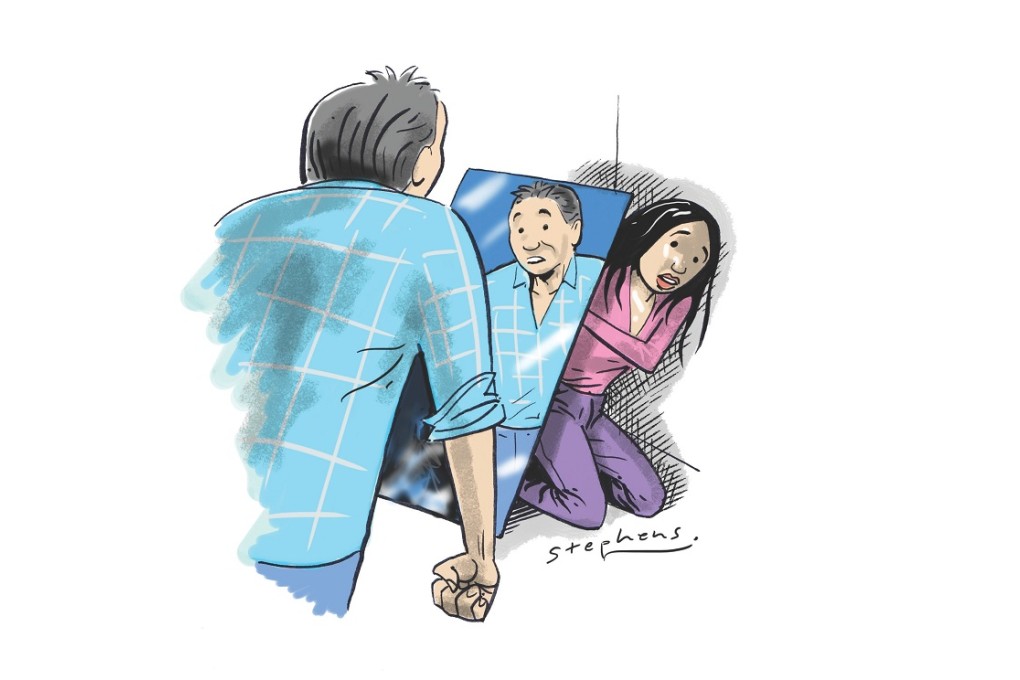New domestic violence law won't change chauvinistic attitudes of China's men
Lijia Zhang welcomes the introduction of a nationwide domestic violence law in China, but says effective implementation will depend, in large part, on changing male attitudes

On a snowy Sunday in February last year, when Chaoyang District People's Court announced the final divorce verdict of Kim Lee, the American who bravely broke the silence on domestic violence, I was among a dozen or so supporters and activists who waited outside. We all cheered when the good news that she had won her case came out.
In a commentary published in these pages a few days later, I pointed my finger at a lack of a nationwide comprehensive law as part of the problem, which has frequently resulted in a vague application of local regulations. Now hope is on the horizon. China has just proposed such a draft law targeting domestic violence, the first of its kind. The State Council's Legislative Affairs Office has invited public comment until December 25.
"It was a big step forward," said Feng Yuan, founder of the Anti-Domestic Violence Network, a Beijing-based non-governmental organisation. This step has taken Chinese authorities over a decade: Feng's network first made the suggestion to the National People's Congress in 2003 of drafting an anti-domestic-violence law
The new bill, which still needs final approval of the congress, defines domestic violence, demands that the police step in when a report is filed, streamlines the process of issuing constraining orders, and offers suggestions for prevention through education and publicity, and as well as providing services for victims.
While acknowledging its significance, Feng also pointed out numerous blind spots in the draft. For example, it talks about domestic violence in both physical and spiritual terms, but it does not mention sexual violence, even though it is common and its effects are devastating. Also, it excludes unmarried couples and same-sex couples.
Some activists feel the draft has not gone far enough. Several are organising a petition, calling for cohabiting couples to be included. They hope to collect 10,000 signatures before the deadline.
I'm not an expert, but I am very glad to see China coming this far. The very fact that a definition of domestic violence will be included in law will make a big difference. In the past, many victims, usually wives, who turned to their neighbourhood committee or the local branch of the All-China Women's Federation for help, were instead kicked around like footballs and told this was a "private matter". Unless it was a very severe case, the victims were often unable to file a lawsuit, as the evidential standards, such as the extent of injury, were very high. Now those standards are set to be lowered.